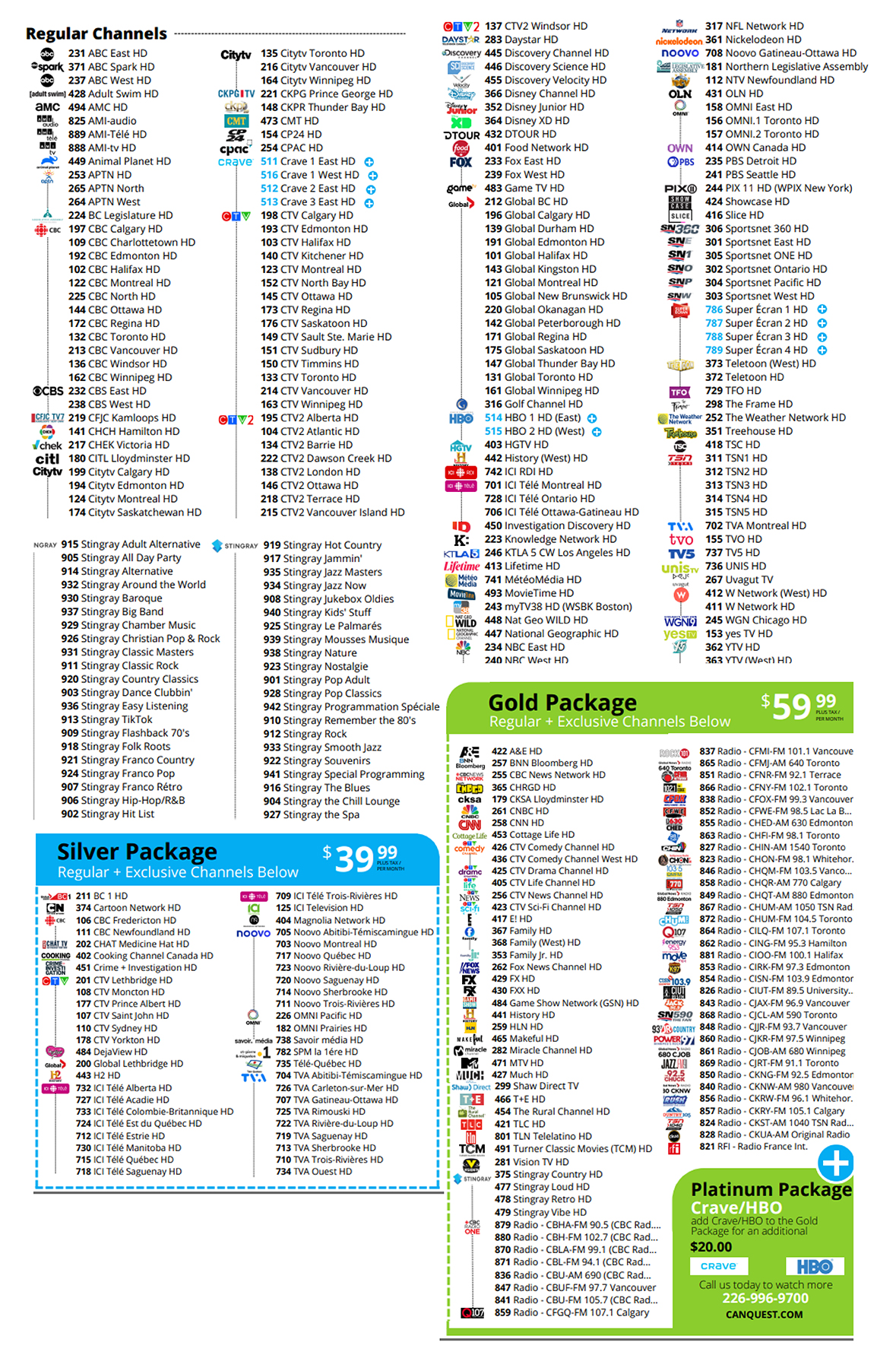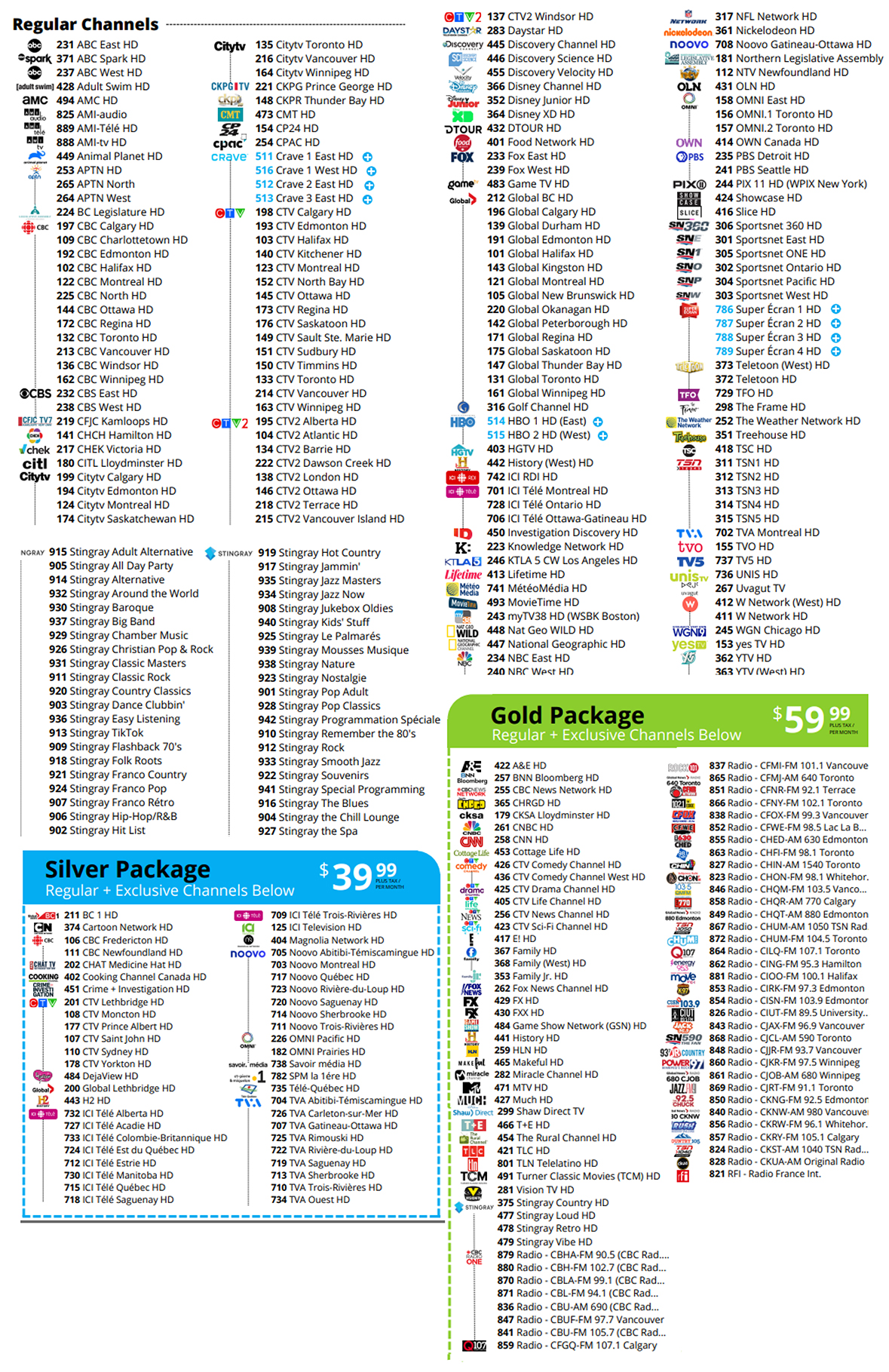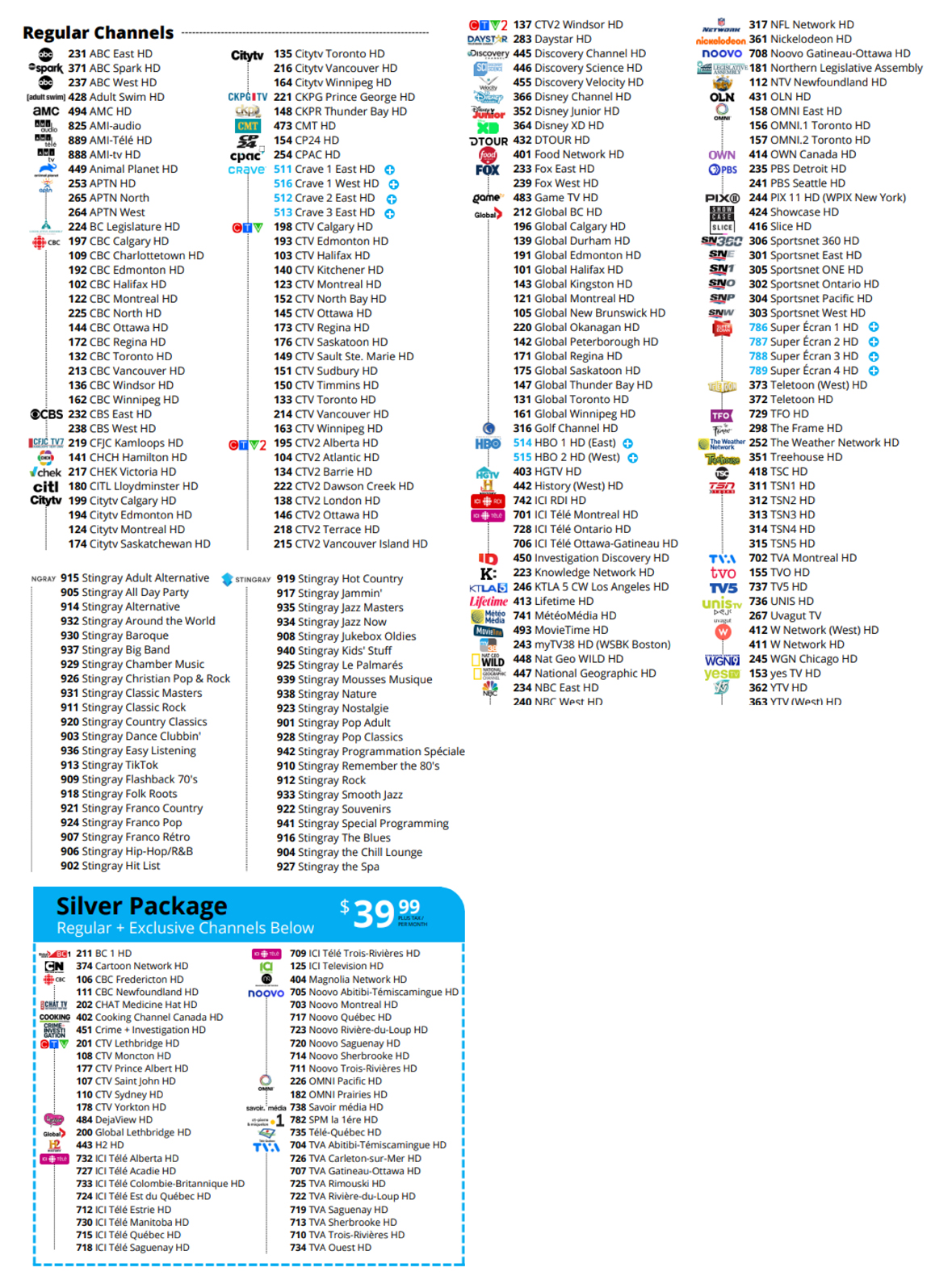
How Much Bandwidth Will You Need for Your Business?
This guide will provide detailed information on how to determine the correct bandwidth needed to support your existing workforce and future goals.
Internet bandwidth plays a huge role for companies who need to determine what speed and size connection is best for their current needs. Increasingly, businesses are shifting to cloud-hosted environments, which require increased connectivity to support them. Current business strategies are also affected by such shifts, making bandwidth and speed essential factors. This guide will provide detailed information on how to determine the correct bandwidth needed to support your existing workforce and future goals. The right strategic partner can help you meet all your network needs while providing the latest fibre optic technologies.
What Is Bandwidth?
Bandwidth is the rate of flow of data across a connection. The value of bandwidth is often determined in bits per second. There are many types of bandwidth, but we will focus on internet bandwidth for today’s discussion.
The best way to think of bandwidth is as a pipeline. The more you have, the more traffic you can carry through a channel.
It seems clear that for any company, more is better when it comes to bandwidth. But there are some considerations to be aware of before determining a bandwidth capacity that’s right for your business.
How Does Bandwidth Work?
Bandwidth is a measure of the number of bits per second that a network can process. As data is sent along the network, it can be broken up into smaller pieces called packets. A limited amount of data can be sent in each packet. This rate is referred to as the bandwidth.
The greater the bandwidth, the more packets can be sent—and the faster the data can be transmitted.
Because all pieces of information are broken up into packets, there is a limit to the size of each packet. The maximum size of each packet is called the maximum transmission unit (MTU). Packets that are larger than the MTU can be broken into multiple smaller packets—which will be sent separately to the destination server.
Do I Need Bandwidth for My Business?
As discussed earlier, a greater increase in bandwidth will be better for your business. The more bandwidth you have, the more data you can send and receive.
For most companies, however, information is not transmitted in a steady stream. Businesses typically have lots of peaks and valleys in data streams. For example, the bandwidth required to transmit a company’s weekly payroll is likely to be very different from the bandwidth required to transmit the first week’s worth of sales numbers.
How Much Bandwidth Will I Need?
There is no good answer to this question. The amount of bandwidth that you need for your business is determined by both your business’s size and your company’s needs.
Put simply, you need enough bandwidth to handle your current workload and future expected traffic.
Businesses typically require anywhere from 10 to 1000 Mbps or more. The number of businesses that fall into each of these bandwidth categories, however, varies. A business that relies heavily on video conferencing and streaming video content, for example, is likely to need different bandwidth than a business that focuses on backing up its data.
Conclusion
There are many considerations in determining the amount of bandwidth that is right for your business. At the end of the day, it’s important that your business makes a cost-effective decision. Strategic planning and an understanding of your current and future needs will help you make that determination.
If you are considering bandwidth for your business, Canquest is happy to help you figure everything out. We provide business internet plans in Chatham to get your start-up running. Get in touch with us today to learn more.



